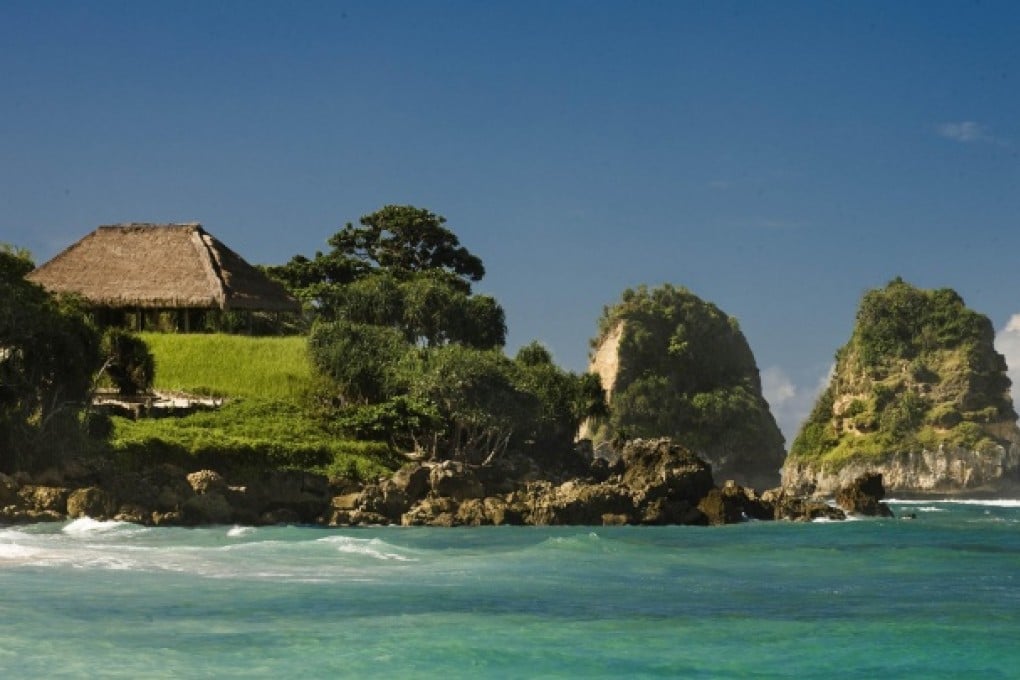Tribal revival: Sumba offers sun, sand and soul
At the philanthropic Nihiwatu resort in Sumba, visitors can sample surf and sustainability, writes Holly McDonald

A minute ago we were crossing the swirling eddies of Sumba's Wanukaka river, slinking past hushed villages and the occasional child on a horse. Now I've slammed into a tangle of tree roots and fallen off my paddle board.
Christian Sea, our guide from the nearby Nihiwatu resort, eases my board into the current as I scramble back on. I wonder what I've got myself into. I'm not the adventurous type. We're cruising eight kilometres to a beach, but the start has fast-running patches and sharp corners.
As the adrenaline eases, the river turns sedate and the scenery - coconut and banana palms, papaya trees, emerald rice and traditional Sumba rooflines - enchants our group of seven. Women with betel-stained teeth do their washing, men nod and splashing children hitch rides on the back of our boards. What don't we hear? Traffic. This is Sumba, a remote island in eastern Indonesia, three times the size of Bali, but with just 650,000 people, in all its raw glory.
We pull over to a grassy spot to stop for fresh coconuts at a local house. A muscled man stirs a pot of bubbling coconut oil, steam rising and blackening the roof above. Another shimmies up a palm and hurls down a coconut for each of us, shucking them open with machetes. A family gathers to chat with Christian.
"This family is wealthy by Sumba standards," Christian says. "They have water, they're next to a paddy, there's a pig pen, and they have coconut palms."